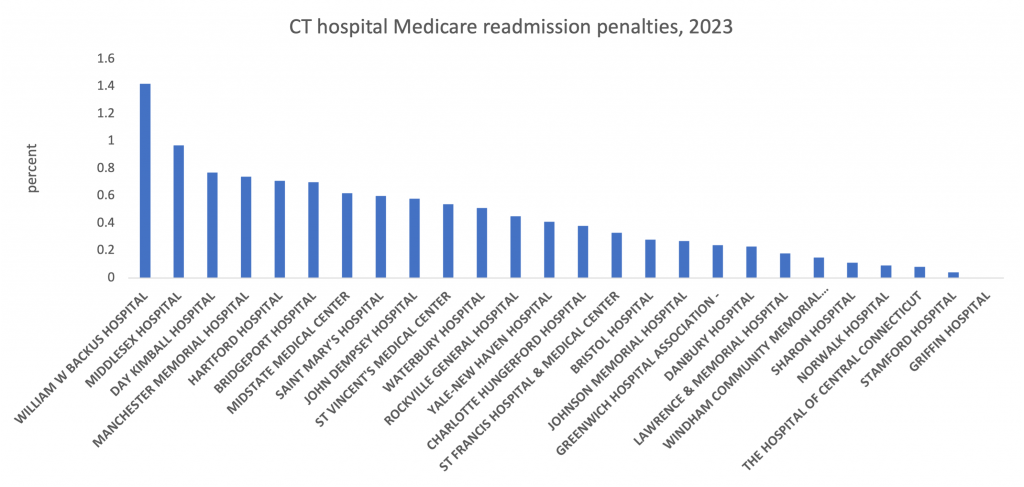consumer info
CTNJ op-ed: Health insurance affordability review is good, but it’s no silver bullet
A movement to include affordability in the Insurance Department’s review of health insurance premiums is gaining champions. That’s a good thing. The best care is useless if you can’t afford it. Holding insurers accountable for lowering costs is important, but it’s not going to solve everything. We need to do much more to get costs…
Read MoreNo evidence to justify increases for 7 of top 10 most costly drugs
The latest Unsupported Price Increase report from the Institute for Clinical and Economic Review finds that, last year, seven of the ten most costly drugs in the US that raised net prices well over the rate of general inflation, had no new clinical evidence of effectiveness to justify the increases. The increases on just these…
Read MoreCT gets a C+ for maternal and child health
The new 2022 March of Dimes Report Card gives Connecticut just average marks on how well we care for new moms and babies. Preterm births happen before 37 weeks of gestation; 40 weeks is typical. While that’s not good, it’s better than the US grade of D+ at 10.5% preterm births. Massachusetts and New Jersey…
Read MoreCT’s best healthcare secret — CID’s Consumer Report Card
It may not attract the same enthusiasm as other holidays this time of year, but if you’re shopping for health insurance during this Open Enrollment season, you need this resource. As a health policy researcher, there are few better sources of information on how insurers are performing. The Consumer Report Card on Health Insurance Carriers…
Read MoreCT hospitals’ charity care varied widely last year, a bit more than US
Last year, uncompensated care at Connecticut’s 27 acute care hospitals averaged 1.8% of total expenses, according to the state’s latest report. However, that rate varied from 4.2% at Norwalk Hospital to 0.5% at CT Children’s. Uncompensated care is services provided that hospitals are not paid for. It includes charity care, which hospitals forgive from the…
Read MoreMental health workforce swamped by need, what needs to happen
A few recent reports have raised alarms about whether our healthy system’s mental health capacity can meet the need, and what we can do about it. The need is great. A mid-September Household Pulse Census survey found that 361,729 Connecticut residents reported feeling anxiety nearly every day and 219,164 reported depressive thoughts nearly every day.…
Read MoreCT hospital readmission penalties higher than US, again
Even with an eased formula due to COVID, all but one acute care Connecticut hospital will be penalized by Medicare next year for higher-than-expected readmission rates. Next year, Connecticut hospitals will be docked by 0.456% on their Medicare payments, higher than the US average of 0.428%. Average Connecticut hospital readmission penalties have been higher than…
Read MoreDSS responds to advocates’ questions about HUSKY maternity bundles
More than one in three Connecticut births are covered by the HUSKY program, including some pregnancies at risk for poor birth outcomes. DSS has an ambitious plan to change the way providers are paid for those births. The goals are to improve equity, lower C-section rates, poor maternal outcomes, lower opioid-related pregnancy conditions, and reduce…
Read MoreStudy finds CT low value care is costly
About two percent of commercially insured Americans, including Medicare Advantage, received low value care costing $3.7 billion between 2009 and 2019, according to a new study. The researchers compared states on utilization of low value services and prices for that care. Connecticut has a lot of room for improvement compared to other states. Low value…
Read MoreBest kept secret: You now have free access to all your medical records
As of last Thursday, under new federal rules, healthcare organizations must give patients timely access to all their medical records in digital format without cost. This reverses the usual practice that only gave patients costly access to just some of their data, while data brokers profited by selling deidentified data and analysis to drug companies,…
Read More








